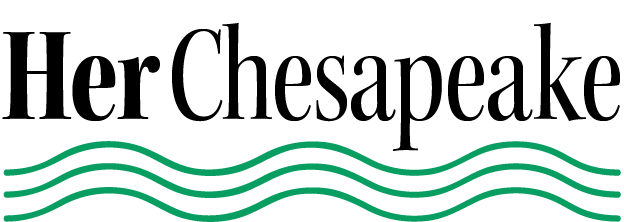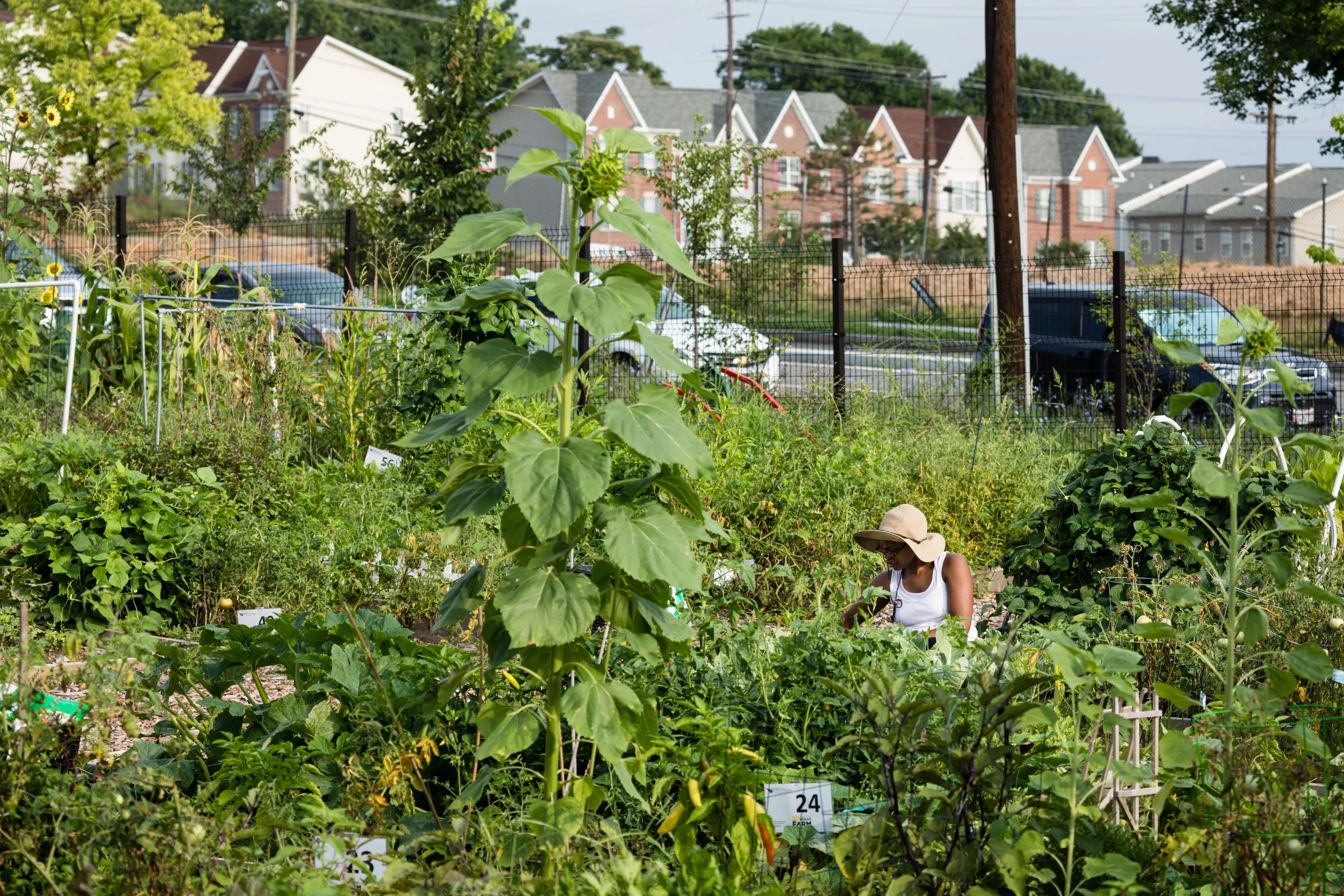Minorities in Aquaculture: A Conversation with Imani Black
/On February 10th, HerChesapeake hosted a conversation with Imani Black, the founder and CEO of Minorities in Aquaculture (MIA). The mission of MIA is to educate women of color on the environmental benefits of aquaculture and support them as they launch and sustain their careers in the field, with the hopes of growing the seafood industry and creating an empowering space for women along the way. Imani shared with us her inspiration and vision for MIA, the challenges she faced while building a non-profit from the ground up, and the importance of making aquaculture a more inclusive and diverse space and elevating the voices of the members of this community.
We are grateful to Imani for sharing her story, and for this space that HerChesapeake and MIA provided for people from all over the country to learn from each other and make connections.
(Interview answers were edited for clarity).
Can you share with us a brief synopsis of what Minorities in Aquaculture is and how it is accomplishing its mission?
MIA is a nonprofit that I started in 2020. I had been in the oyster aquaculture industry in Maryland and Virginia for about 6 years and had never seen another person of color in a leadership role. I didn’t even recognize this until 2020, when the conversations about diversity and inclusion heightened. I wanted to create a network for women of color, at first just to find and connect with them, but now it has grown into a headquarters for women of color that are working or are interested in working in aquaculture. We are growing a community where we can not only support each other during our issues and work challenges, but also provide skills and resources to further advance our members’ careers through internship programs, partnerships with environmental and aquaculture organizations, and a mini-grant program that provides funding for career-building opportunities.
Can you tell us a little about your background and what led you to entering the aquaculture field?
It was unexpected. I went to Old Dominion University, where I became interested in oceanography, but I wasn’t exactly sure what path in the environmental field I wanted to take. During a study abroad trip in Belize, I got an understanding of what the academia pathway was like and decided that I wanted to do more hands-on-the-ground work. I got an internship with the Chesapeake Bay Foundation doing oyster restoration in Virginia, and fell in love with it. My boss encouraged me to apply for an internship program at the Virginia Institute of Marine Science (VIMS), which gave me a six-month introduction to aquaculture and I’ve continued on this path ever since.
Can you tell us about the women who are members of MIA? Do their stories mirror yours?
In 2020, I had a lot of conversations with Black women about their roles in marine science. I realized that we all had commonalities, and that even though we weren’t doing the exact same thing we were experiencing similar struggles. These conversations empowered me because I realized that I wasn’t alone. At the start of 2021 we only had one member and by end of the year we had gotten up to 40 members, mostly from the east and west coasts but we also have four international women of color. The biggest commonality among all of our members is that I’m usually the first woman of color they have ever seen in aquaculture. They are all on different paths and at different points in their career. I’m just the driver and they are giving me direction because I want this to be all that they need.
Can you speak to the importance of making aquaculture a more inclusive space?
When you look at the history of the Chesapeake Bay, minorities have had a huge contribution to the evolution of fisheries over several decades. Now, we are seeing a legacy that went from over 900 active members on the water to only 9, who are all over the age of 60. We pride ourselves on the Chesapeake Bay, so for me it’s about elevating this part of the legacy. I come from a 200 year-long line of watermen and didn’t even know it, so it’s important to me to give people this information about themselves. Global aquaculture is very diverse, but in the U.S. it is not, so MIA’s goal domestically is to increase diversity in the U.S. Globally, women of color are the backbone of aquaculture, so our global mission is to elevate their voices and provide the resources they need.
What have been your favorite parts of starting and running MIA?
All of it - I’m so grateful for the trajectory of MIA so far. Hearing how impactful it has been gives me drive. The greatest things about it are how I get to connect with people, hear their stories and share mine, and elevate the aquaculture industry which is a focal point for sustainable seafood resources.
What have been some of the more challenging features of MIA?
In the beginning, the biggest challenge was that I didn’t know how to start a nonprofit. Just like any business, you don’t know what you don’t know until you know it, so taking the first step is the biggest challenge. You have to take the step into the crazy, into the unknown, into the fear. In everything that I do, I ask myself if it is aligning with the morals and foundation of MIA and of myself, and sometimes it is hard to do it all. In 2022, I will be focusing more on the balance between MIA, my own dreams, and my personal life.
What do you envision for the future of MIA?
My long term vision for MIA is for it to be a global community and network that provides resources and support for members, and empowers and creates opportunities for women of color around the world. My biggest goal is to have people look at a resume, see that that person is a member of MIA, and know that they have great experience and can handle the job. I want MIA to become a resume and household name.
How can others support you and MIA?
Getting the word out, sharing and attending our events, donating, and partnering with us all help in supporting our mission and community.
For questions, inquiries about joining MIA, or interest in providing sponsorship or partnership, Imani can be reached at imanib@mianpo.org.

